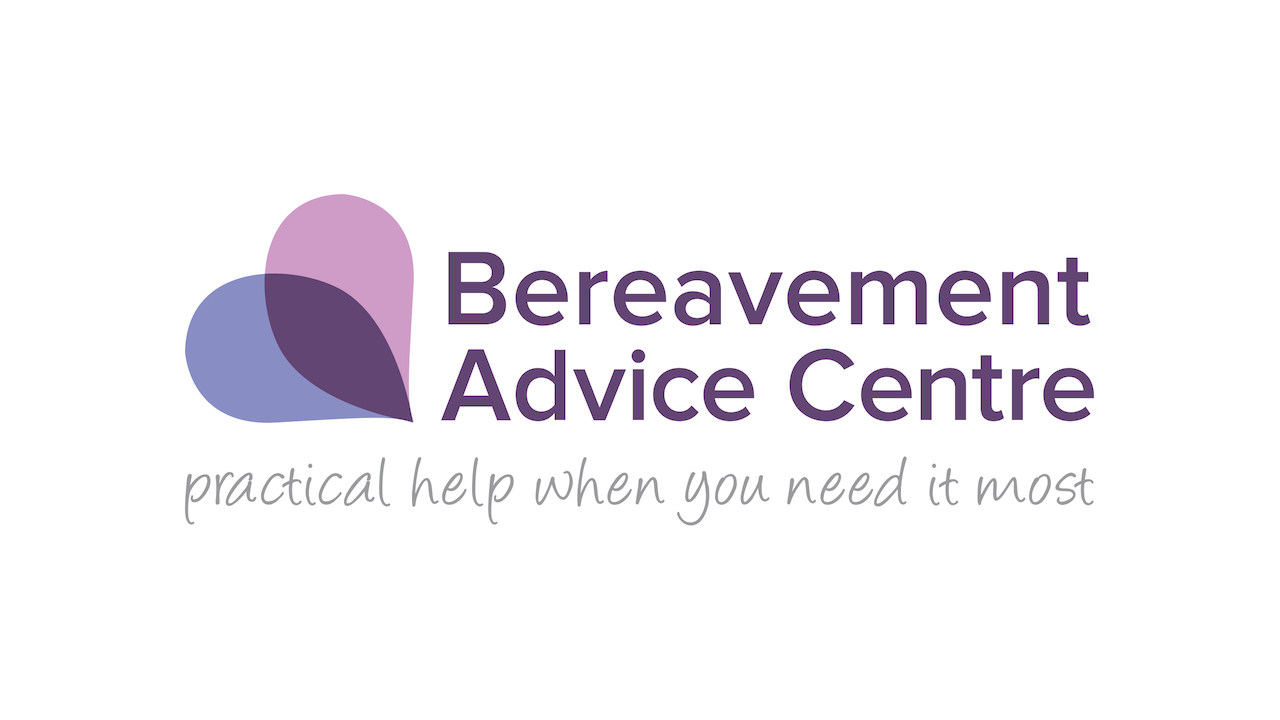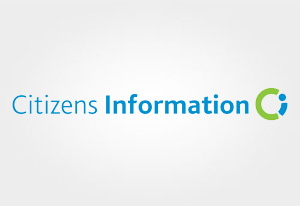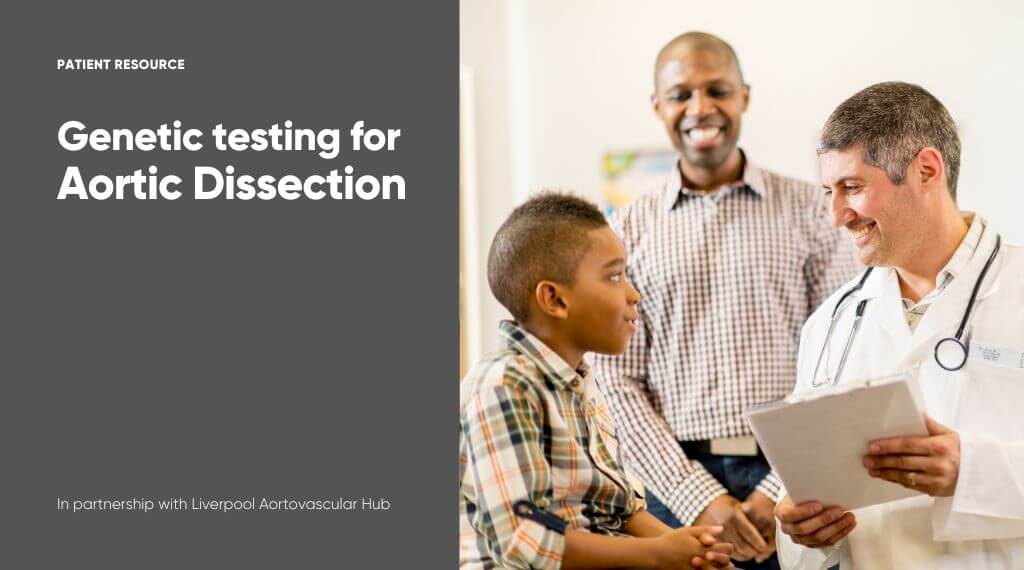Practical Matters and Financial Assistance
In the midst of grief, dealing with legal and financial matters may seem overwhelming. It is essential to seek help from trusted family members, friends, or professionals to guide you through these processes. Assistance may be available for funeral and memorial arrangements, as well as for applying for financial aid or support if needed. Remember that addressing these practical matters is an important part of the healing process, as it helps create a sense of stability and security during a challenging time.
Navigating the Initial Steps After a Death: Guidance and Support
The period following a death can be confusing and overwhelming, particularly when experiencing it for the first time. The necessary procedures and steps to take can vary depending on where the person passed away, whether it be in a hospital, at home, a public place, or overseas. The location of the death will also influence the documentation you receive. Additionally, there may be numerous people to inform about the loss, making the process even more complex. During this challenging time, seek comfort and support from loved ones as you navigate these initial steps together.


Navigating Financial Affairs After Loss
Dealing with the financial affairs of someone who has passed away can be a daunting task. It involves settling outstanding debts, distributing assets, and addressing various accounts and policies. Approaching these responsibilities methodically and seeking professional advice when necessary can help to ease the process and ensure that the deceased’s financial matters are handled efficiently and respectfully.

Addressing Legal Matters After a Sudden Loss
In this podcast, gain insights from Leticia Williams and Ken Brough of Hodge Jones and Allen Solicitors as they discuss the legal aspects of dealing with a sudden bereavement. They offer valuable guidance on potential legal issues that may arise following an unexpected loss.
NHS Patient Advice and Liaison Service
The NHS Patient Advice and Liaison Service (PALS) is a valuable resource for individuals who have experienced the loss of a loved one due to aortic dissection or any other medical condition. PALS offers confidential advice, support, and information on a range of health-related issues. They can help you navigate the complexities of the healthcare system, provide guidance on the complaints process, and direct you to additional support services that may be beneficial during this challenging time. By connecting with PALS, you can gain access to valuable assistance and resources to help you better understand and manage the various aspects of your loved one’s medical care and your own well-being.

Understanding Genetic Factors and Family Screening
Approximately 20% of individuals with thoracic aortic aneurysm or dissection have a first-degree relative with aortic disease. Recognising the potential for genetic predisposition to aortic dissection is vital, as it could be a hereditary condition. If a dissection occurred before the age of 60, it’s essential to establish if genetic factors play a role and if any family members might be at risk. Your hospital team or GP can direct you to an NHS or regional genetics service or inherited cardiac conditions centre, where professionals in genetics will examine your aortic dissection, gather family history, and if needed, organise screening.
Opting for genetic testing requires careful consideration and discussion, as it can reveal crucial information about your and your family’s health. It’s a personal decision. Some individuals choose to be tested to learn about potential outcomes and available preventive measures. In contrast, others decide against testing to avoid the psychological burden. Genetics experts, including genetic counsellors, clinical geneticists, and cardiologists specialising in inherited cardiac conditions, will clarify the advantages and disadvantages of testing, helping you and your family evaluate the options.
